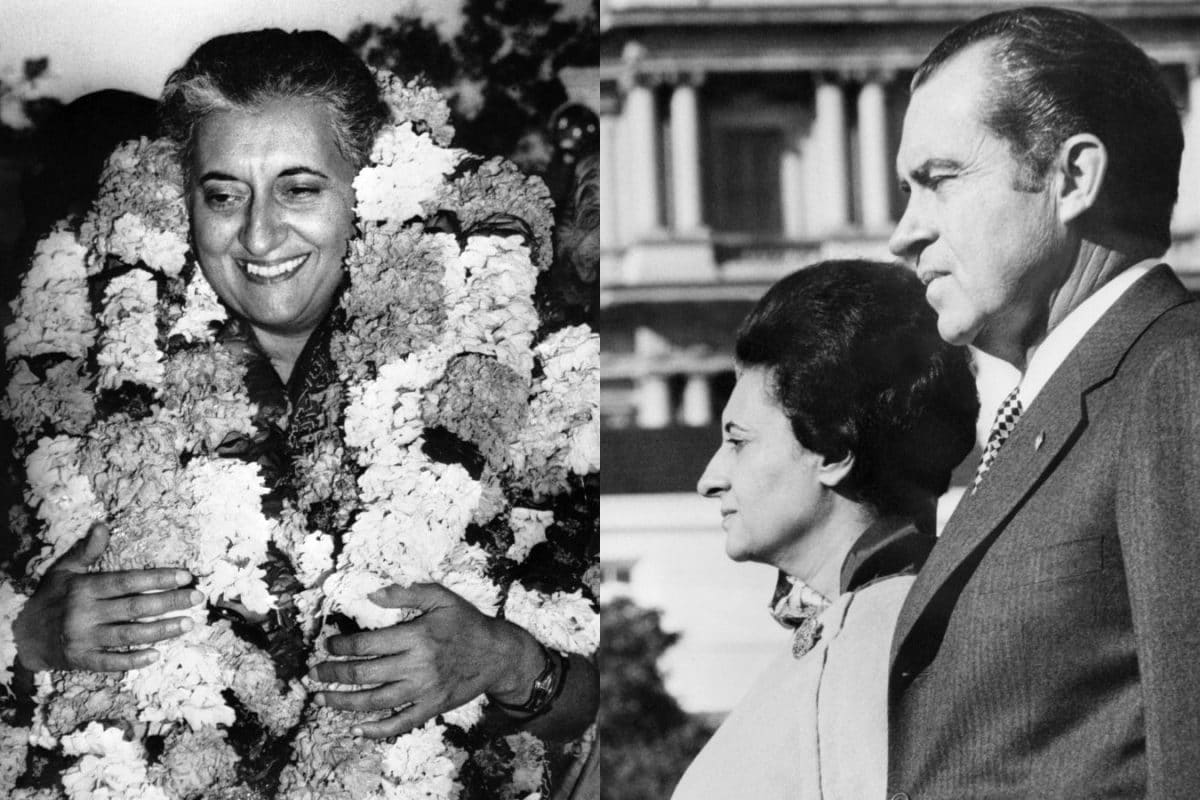

In the midst of the 1971 war, as India faced a massive humanitarian crisis and escalating conflict with Pakistan, Prime Minister Indira Gandhi penned a letter to U.S. President Richard Nixon, seeking his intervention to prevent further aggression. The letter, dated December 5, 1971, reveals a critical moment in the diplomatic history of the war, highlighting India's efforts to engage with the international community amidst growing turmoil.
Gandhi's letter appealed to Nixon to use his influence to persuade Pakistan to cease its military actions against India and address the underlying issues in East Bengal, now Bangladesh. She described the "tragic and intolerable ramifications" of the events unfolding in East Bengal since March 25, 1971, including widespread violence and a massive refugee crisis, with 10 million people seeking shelter in India. She emphasized that these events had brought India to the brink of war.
In the letter, Gandhi stated that Pakistan had launched a "massive air and ground attack" on India on December 3, 1971. She detailed the bombings of several Indian cities, including Srinagar, Amritsar, and Agra, and the heavy shelling of border cities. Despite the escalating conflict, Gandhi conveyed India's commitment to peace and its determination to repel the aggression. She wrote, "We are not fighting merely for our territorial integrity but for the basic ideals which have given strength to my country and on which India’s entire future depends". Gandhi urged Nixon to understand India's position and to persuade Pakistan to stop its "wanton aggression and military adventurism".
The declassified U.S. State Department archives containing this letter offer insight into India's diplomatic strategy during the war. Despite seeking U.S. intervention, Gandhi also displayed resolve in her communication, making it clear that India was prepared to defend its interests. The letter underscores the complexities of the international relationships during the conflict, particularly the strained dynamic between India and the U.S., which was then leaning towards Pakistan. The U.S. support for Pakistan was driven by a desire to counter Soviet influence in South Asia and to facilitate a connection with China.
Despite Gandhi's plea, the Nixon administration's response was colored by its own strategic interests and a perceived bias against India. The U.S. government's taped conversations from that time reveal disparaging remarks made by Nixon and his Secretary of State, Henry Kissinger, about Indira Gandhi and the Indian people. These conversations highlight the challenges Gandhi faced in gaining U.S. support during the crisis.
Ultimately, India's decisive military victory led to the formation of Bangladesh on December 16, 1971. The 1971 war and the creation of Bangladesh reshaped the geopolitical landscape of South Asia.